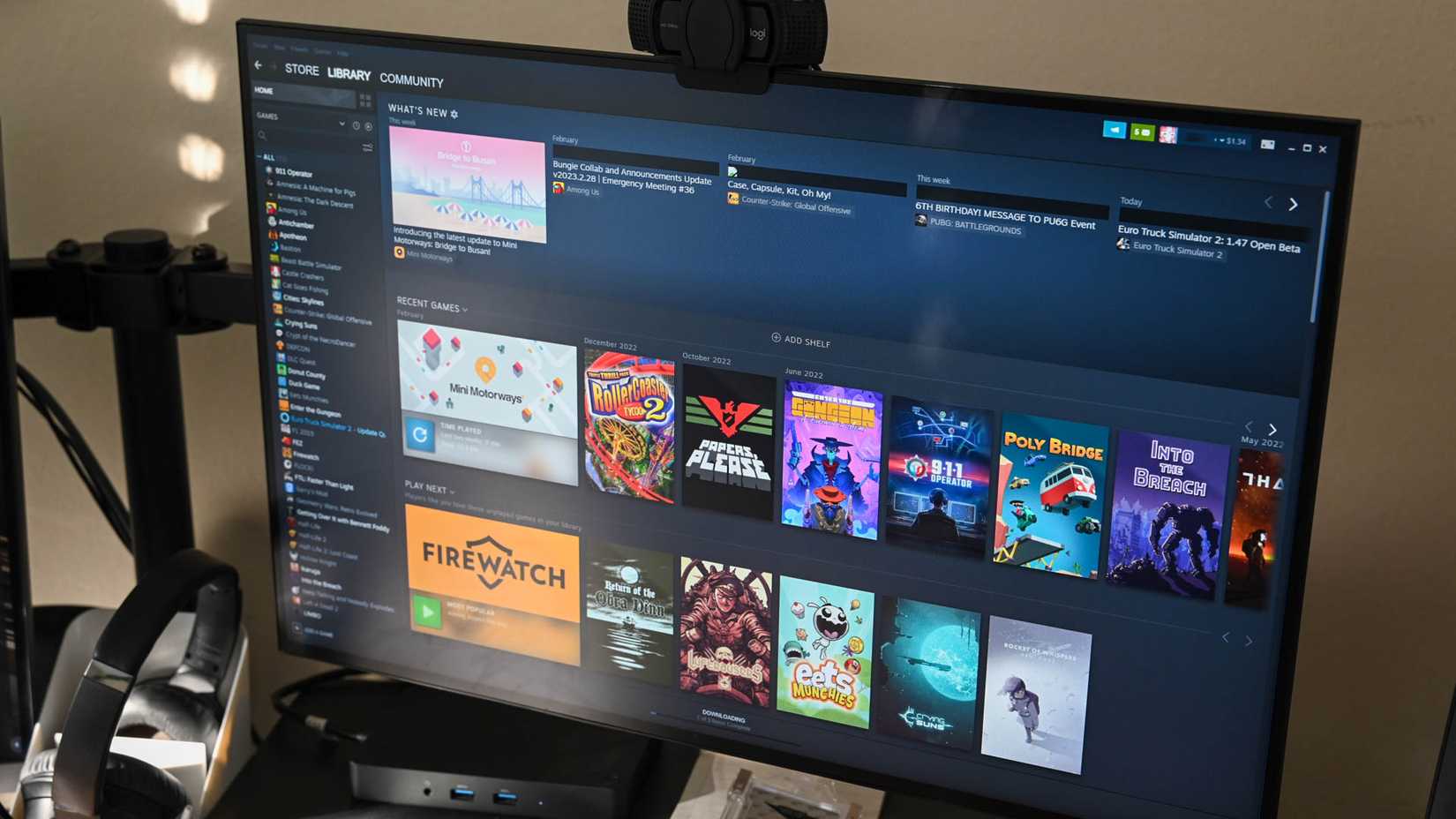Source :
Apple Intelligence :
• Game Backlog: Free games can lead to a large backlog of games that are difficult to play through.
• Intrusive Ads: Free games often rely on intrusive ads that disrupt gameplay and collect user data.
• Microtransactions: Free games frequently use microtransactions and gambling-like tactics, potentially desensitizing players to these practices.
• Time Constraint: Limited time makes it difficult to finish all free games, leading to a backlog.
• Ads in Free Games: Ads, especially intrusive ones, can be a deal-breaker for many players.
• Microtransactions: Free games often rely on microtransactions, which can add up quickly.
• Monetization Strategy: Free-to-play games often employ a “pay-to-win” model, encouraging players to spend real money for advantages.
• Psychological Tactics: These games use elements of gambling, like loot boxes and daily rewards, to keep players engaged and spending.
• Data Collection Concerns: Free-to-play games often collect significant user data, raising privacy concerns.
• Data Collection in Free Games: Free games often collect user data, which can be valuable to companies like Niantic.
• Hidden Cost of Free Games: The true cost of free games is often hidden in data collection and microtransactions.
• Quality of Free Games: Free games vary greatly in quality, with some being excellent and others being poorly made.

No comments:
Post a Comment